Trust in a time of crisis
08 Apr 2020 | Chris Skellett
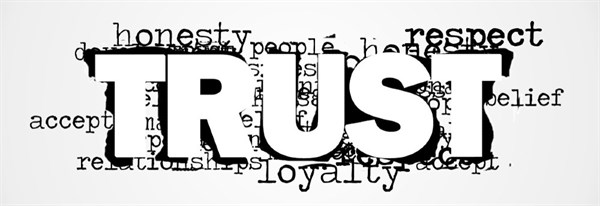
Trust. It's such a small, familiar word - but in times
of tension or crisis it suddenly becomes a hugely significant
issue.
Trust is like oxygen; barely noticed when it's not needed, but
desperately valued when it is. Collectively, we do not understand
trust very well. We rely on gut feelings and intuition.
But now more than ever, as we face this global crisis, we need
to be able to manage trust more effectively than perhaps we ever
have before.

The current global pandemic requires us to trust across three
domains. We have to trust government
agencies and health services to put good strategies in
place for us. We also have to trust each other to
behave responsibly. And finally, we have to trust
ourselves to manage risk and keep ourselves safe in very
ambiguous circumstances.
Managing trust in ourselves, in each other, and in the world
around us becomes a key issue for us all during lockdown. The rest
of this article covers each of these in turn.
1. Trust in Self
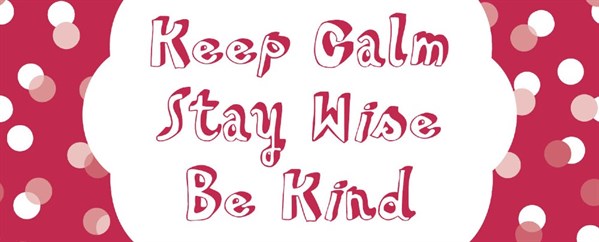
Firstly, we need to trust ourselves to manage risk
appropriately. This is the core skill that we all need to develop.
We must take adequate precautions to protect ourselves.
We all have different set points for trust, for example when
deciding whether to install fire alarms or whether to use gloves
when gardening. Some of us tend to trust too much, while others
don't trust enough. But now, we need to follow a common path
together.
We have been given clear guidelines to follow to avoid infection
and now is not a time to celebrate our tendencies to bend the
rules. This is no time to be an outlier. In terms of hygiene
rituals, always err on the side of caution. If in doubt, then
always choose safety over taking a chance.
We must also trust ourselves to manage our emotions in these
uncertain times. To stay calm, optimistic and self-affirming. We
can't control what happens, but we can choose our
response.
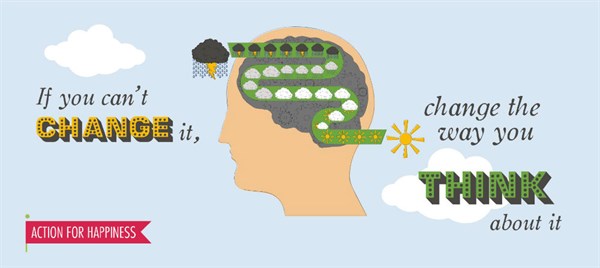
Many people have suddenly lost their jobs, their financial
security or businesses that they have built up over years. It is
easy to feel helpless and overwhelmed but instead, this is a time
to take stock and review. We have the chance to refresh, refocus
and be ready to make good use of the opportunities that will
inevitably occur as the rebuild begins.
Within our bubble, we must stay true to our core values and be
kind, respectful and understanding of the distress of others. This
not a time for anger and despair - we risk letting ourselves and
our loved ones down if we get caught up in this. Trust yourself to
be the very best you can be. Trust yourself to stand tall and make
wise and kind choices. Because you can.
2. Trust in Others
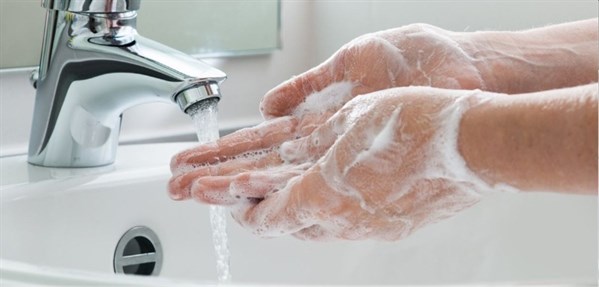
We are now obliged to trust others to behave responsibly; to
maintain good hygiene habits and to maintain good boundaries around
personal space. We trust them to maintain the integrity of their
nominated intimate bubbles.
This is absolutely crucial and is the key strategy that will
help us beat this pandemic. We trust service workers to maintain
supply chains and essential services, and we trust politicians and
leaders to make the best decisions that they can for us. We trust
everyone to play their part in moving us towards a successful
resolution of this difficult situation.
Trusting others is always the most ambiguous of the three
domains. There are so many competing factors that influence another
person's behaviour. They may distort the truth or omit to report
the breach of a boundary, but as far as possible, we have to trust
each other to do the best that we can.
There is always a small element in society who flout the rules
for personal gain. They will still secretly drive to the beach, or
they will claim for handouts that they don't require. But to assume
mistrust in each other is to live in a world of suspicion and fear.
Betraying the trust of others is a foolish game. You are simply
building a world of suspicion and deceit for yourself.
We are all in this together. So, we must work together to build
a social climate of trust.
3. Trust in the world around
us
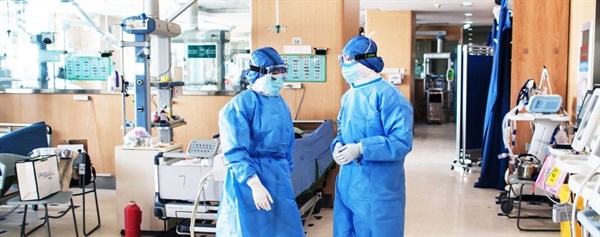
Usually, we assume that the physical world is benign. We can
move through it safely. Occasional misfortune will arise, but
generally we can assume trust. But now, the goalposts have
shifted dramatically. The rules have suddenly swung through 180
degrees. We can no longer assume that the physical world is safe.
It is potentially life threatening. Our starting point now is to
assume that the world is unsafe.
With this in mind we must shift our trust set points from casual
indifference to high alert, especially around hygiene. Our
previously complacent self-talk needs to be challenged.
Using this Trust Audit, we can review our self-talk and
perhaps re-calibrate our trust attitude to any aspect of the world
around us, in particular Covid-19. The Trust Audit allows us to
objectively review our self-talk around trust and perhaps to make
changes. By adopting realistic appraisals of the risks posed by the
world around us, we stay safe.
As well as the physical world, we also find ourselves needing to
trust the systemic world around us of government agencies,
essential services, supply chains, politicians and the police.
Usually we maintain a healthy scepticism about such things,
especially the latter two groups, but now is not the time to be
suspicious of motives or to look for hidden agendas.
We must assume trust in these organisations to act in our
collective best interests, and also to trust the media to report
the situation in a balanced, responsible way. This is not a time
for scaremongering or to abuse the peoples trust. We should also be
reading online news feeds with an appropriate degree of caution,
always looking for the trustworthiness of the source.
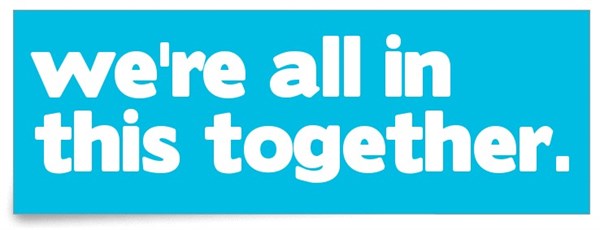
Trust is reciprocal. It is an assumption of mutual goodwill.
When we live in a community that assumes mutual trust, it is a
wonderful experience. It is the essence of high performing teams,
of exhilarating workplaces, and of loving relationships. Assuming
trust also provides us with the platform for a resilient collective
response to a community crisis.
We should all notice, celebrate and champion trust during these
difficult times. We should look to become Trust Ambassadors, and to
take every opportunity to 'trade' mindfully in a world based on
trust. Not risking more than we dare, but looking for every
opportunity to build and strengthen trust both in others and also
in ourselves.
By realistically managing trust in our lives, we will
stay connected to solid ground. We will get through this
together.
Chris Skellett is a retired Clinical
Psychologist and the author of When Trust Goes Missing - A Clinical Guide
published in 2019.